You may have walked away from a car accident without a scratch, but that doesn’t mean you’re 100% comfortable getting back behind the wheel. “An accident will affect you psychologically,” says Edward Hickling, Psy.D., co-author of After the Crash: Psychological Assessment and Treatment of Survivors of Motor Vehicle Accidents.
As a result, some drivers become more cautious on the road. Others may feel anxious when passing the site of the accident or driving in similar conditions of the incident. That’s okay. “Within a month, these normal reactions will usually start to subside,” says Kenneth Reinhard, Ph.D., a board-certified clinical psychologist. These steps can help you get your confidence back when you’re ready to get back behind the wheel.
DO write down how the accident happened from beginning to end.

Your memories may be a jumble at first, but making sense of them and putting them in chronological order will help you recover. “Writing a narrative of the accident helps people face the trauma and deal with their emotions,” Hickling explains. In his treatment approach, patients repeat this exercise until thoughts of the accident are no longer upsetting.
DON’T keep it to yourself.
 Talking to family, friends and other willing listeners about your experience can help ease fear and anxiety—and gets intrusive thoughts out of your head. To be constructive, though, you need to discuss the event with the emphasis on how you survived and are now safe, Reinhard adds.
Talking to family, friends and other willing listeners about your experience can help ease fear and anxiety—and gets intrusive thoughts out of your head. To be constructive, though, you need to discuss the event with the emphasis on how you survived and are now safe, Reinhard adds.
DO bring another driver into the car with you the first time.
 It will make you feel safer, and you’ll have someone there to take over if you feel too overwhelmed to drive, Reinhard says. How many more times you need company depends on how confident you feel behind the wheel, so let your comfort level be your guide.
It will make you feel safer, and you’ll have someone there to take over if you feel too overwhelmed to drive, Reinhard says. How many more times you need company depends on how confident you feel behind the wheel, so let your comfort level be your guide.
DO start out with short, undemanding drives.
 Like an athlete coming back from an injury, you should ease back into your routine. Professional treatment often involves stages of driving in less stressful to more stressful situations to help people regain their confidence. (In the meantime, prepare and feel more secure with these tips for unfamiliar driving situations.)
Like an athlete coming back from an injury, you should ease back into your routine. Professional treatment often involves stages of driving in less stressful to more stressful situations to help people regain their confidence. (In the meantime, prepare and feel more secure with these tips for unfamiliar driving situations.)
DON’T avoid the crash site.
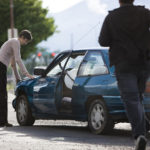 Changing your route or slowing your speed because you feel nervous is counterproductive. “You’re feeding the anxiety,” Hickling explains. If you feel you just can’t return to normal, driving-wise, there are a number of proven treatments that can help, including traditional and cognitive behavior therapies.
Changing your route or slowing your speed because you feel nervous is counterproductive. “You’re feeding the anxiety,” Hickling explains. If you feel you just can’t return to normal, driving-wise, there are a number of proven treatments that can help, including traditional and cognitive behavior therapies.
DO consider a defensive driving course.
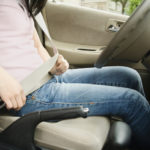 Sharpening your skills may help you feel more assured behind the wheel—plus being back in the car without anything bad happening can help decrease your anxiety, Hickling explains. Defensive driving courses also help drivers recognize and analyze developing situations that could become dangerous, and provide proactive procedures to minimize other risks.
Sharpening your skills may help you feel more assured behind the wheel—plus being back in the car without anything bad happening can help decrease your anxiety, Hickling explains. Defensive driving courses also help drivers recognize and analyze developing situations that could become dangerous, and provide proactive procedures to minimize other risks.
Taking a defensive driving course may help you feel more confident behind the wheel and could save you money on your car insurance premium. See how much you could save with GEICO’s defensive driver discount.
By Caroline Hwang

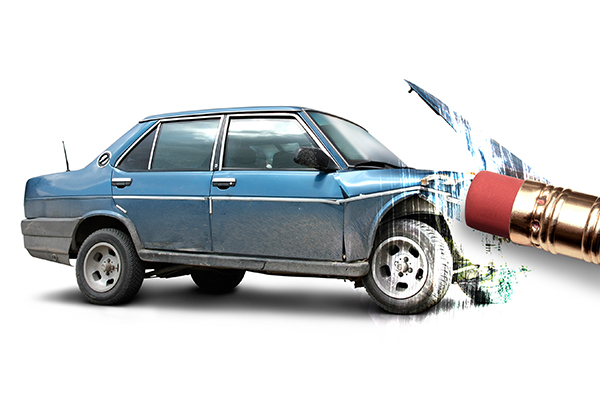



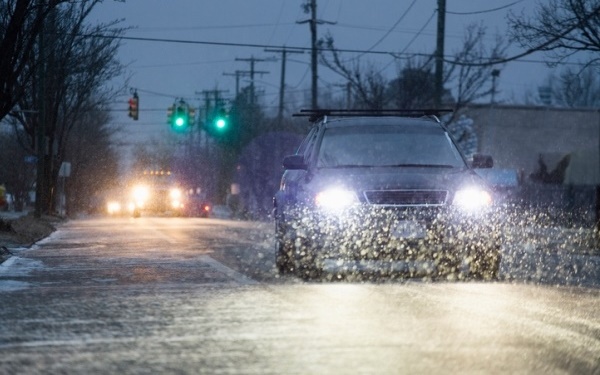
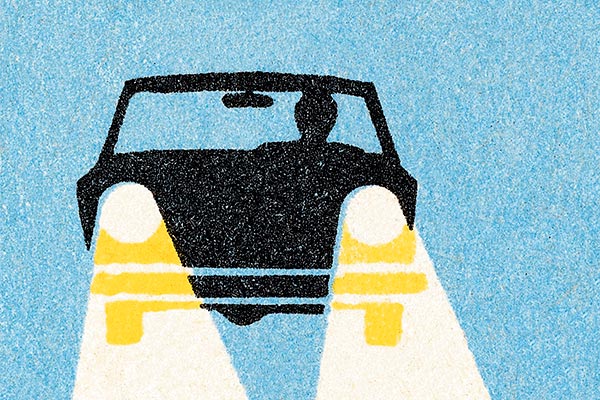
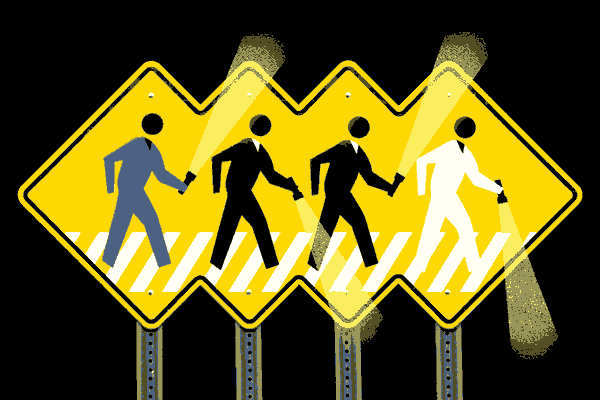
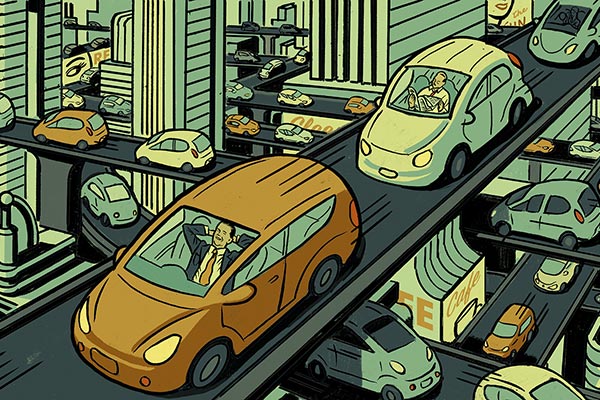
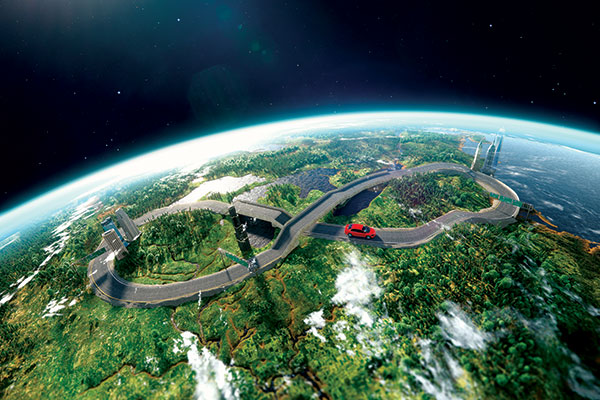
schanaz Dubrule says,
I am agree with word for Annie says.
schanaz Dubrule says,
Do write down how the accident happened from beginning to end /Don’t keep it to yourself/Do bring another driver into the car with you the first time/Do start out with a short undemanding drive/Don’t avoid the crash site/Do consider a defensive driving course.
Syneita Plowden says,
These are good advice .
Claire says,
I was recently in a high speed car accident in which my car flipped several times, I had gotten my license less than two months before and have never been a very confident driver. I have now bought a new car but I haven’t been able to drive it yet. I have tried having more driving lessons but I always get flashbacks to my accident and can’t continue driving. I really need to be able to drive to get to work, any advice?
Nyna says,
All I can say is I feel you and I barely go anywhere anymore unless its necessary. While I am so grateful I did not get hurt, it took away my freedom in a sense and its depressing. I truly hope you can get over your fear.
Maria says,
Afternoon,
I was a new driver in 2015 and was involved in a head on collision and since then I’m so scared to drive I can’t even enjoy my car, I’m so scared that I see all the cars are coming towards me, the phobia is so bad and I want to drive my car
Annie says,
Me too… If it helps you feel better “driving is a learning process that you can’t always be good at”. I was involved in a minor car accident and developed a driving phobia. The problem is that I lost confidence in myself and the people around me used it against as tho am a careless driver. I am not really over it but atleast am trying.i mostly drive with another driver beside me. I’ll stop when I get the confidence to do it alone. All am saying is your not alone we can always share our experiences.